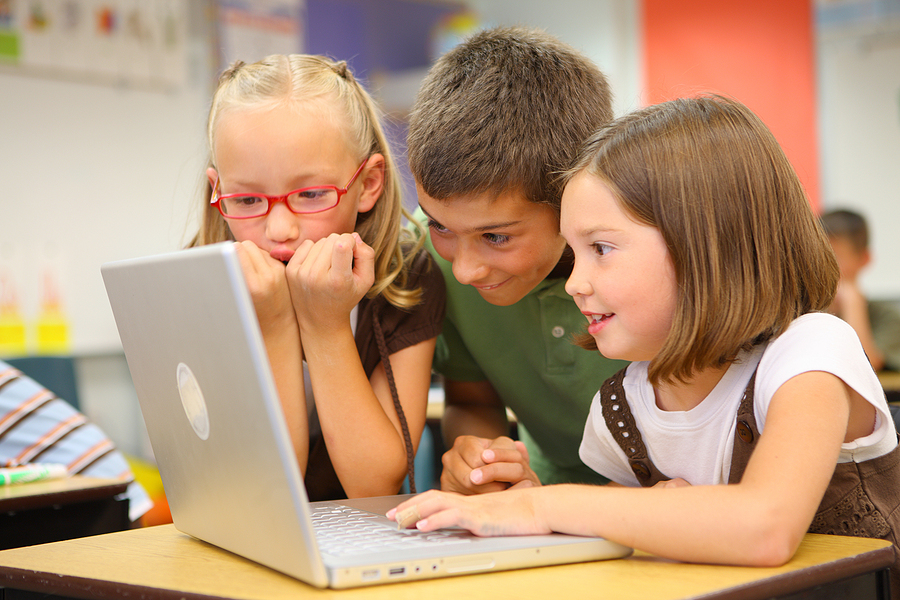“No, autism is not a ‘gift’. For most, it is an endless fight against schools, workplaces, and bullies. But, under the right circumstances, given the right adjustments, it CAN be a superpower”
– Greta Thunberg
One of my goals for 2024 is to introduce readers to some of my associates who work at Psychology For Growth.
In today’s post, I’ll summarize some of the points gathered from an interview with Diana Tiessen, a therapist at Psychology For Growth who has a particular interest in working with neurodivergent people —a term used to describe individuals whose brains interact with the world differently than those whose brains are more typical (neurotypical).
Often, the term neurodivergent is used to identify people who are autistic (Autism Spectrum Disorder or ASD). But it can also be used to describe individuals with ADHD or other conditions that represent differences in brain function.
Diversity is About Diverse Gifts and Strengths, Not Deficits
Diana specialized in biology as an undergraduate. One of the principles of biology is that diversity in nature is necessary for the survival of every species. There needs to be diversity in the ecosystem for organisms to survive.
The same principle applies to humanity. We can see diversity in the gifts, strengths, and interests everyone brings to life. And for neurologically diverse people, their strengths sometimes emerge in the most exciting ways.
Take Temple Grandin, for instance. Grandin is a professor of animal sciences at Colorado State University. She is also autistic.
When Grandin was 15 years old, she visited her uncle’s cattle farm in Arizona. While there, she noticed that the cattle were quite agitated. However, they would calm down whenever they entered the squeeze chute—the confined space that holds a cow while it is being examined.
Grandin thought it was just like her. She, too, felt calmer and more relaxed in confined spaces and soon wondered if the cattle she saw acting distressed also felt the same way she did.
Her astute observations led her to pursue a doctoral degree in animal sciences, and she made significant contributions to the field along the way.
It’s fair to say that Grandin has revolutionized how livestock and farm animals are handled and treated.
Throughout the process, she dispels myths and preconceptions about the talents of autistic people.
We Need to Learn to Live with Diverse People. Not the Other Way Around
In my interview with Diana, we went on to discuss various topics related to autism spectrum disorder (ASD) and neurodivergence overall.
You can watch the entire interview by clicking here.
However, one of the messages that stood out most from the interview took me back to elementary school.
In grade school, I remember when some classmates left the classroom to attend a special education class. I’m unsure what happened in those classes, but my classmates needed extra help.
Looking back, I can’t imagine what that experience did to their confidence, self-worth, self-esteem, and personal image.
Today, neurodivergent people who have high needs are no longer separated from neurotypical people. They are instead integrated into the classroom.
Integrating neurodiverse students into classrooms with predominantly neurotypical students presents unique and complex challenges for teachers. They must now manage and teach students who are incredibly diverse in terms of behavioural needs, intellectual ability, and communication skills.
But while there is a benefit for neurodivergent people, specifically autistic people, to live in a world of neurotypical people, there is a more significant benefit for neurotypical people to learn how to live in a world with those who are neurodiverse.
Richard

